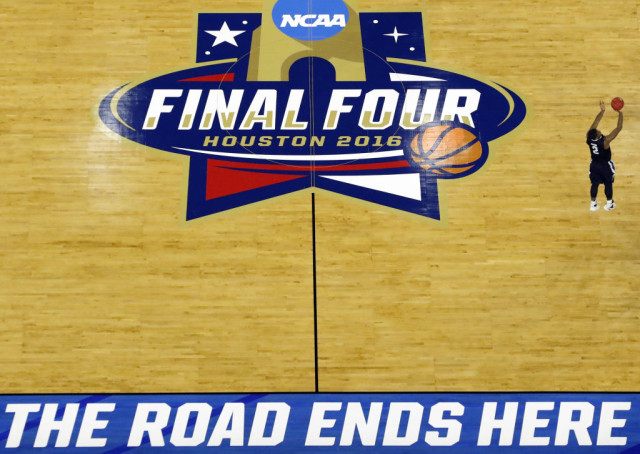The NCAA board of governors passed a resolution this week requiring that sites hosting or bidding on its events—from the Men’s and Women’s Final Fours to educational events—demonstrate that gays, lesbians, and transgenders don’t feel discriminated against in their locales.
The decision comes on the heels of recent laws passed by Mississippi and North Carolina, criticized by some as discriminatory against members of the LGBT community.
Kirk Schulz, president of Kansas State University and chair of the Board of Governors, announced on the NCAA official website, “The higher education community is a diverse mix of people from different racial, ethnic, religious and sexual orientation backgrounds. ”
Schulz further stated that “it is important that we assure that community – including our student-athletes and fans – will always enjoy the experience of competing and watching at NCAA championships without concerns of discrimination.”
The NCAA’s resolution comes one week after NBA Commissioner Adam Silver announced that for the 2017 All-Star Game be held in Charlotte, it is “necessary” that North Carolina change its law mandating people use only public restrooms corresponding to their biological gender in government buildings.
Breitbart News reported last week that entertainers Bruce Springsteen, Boston, and Pearl Jam canceled concerts in North Carolina in protest of the law. Also, PayPal cancelled its plan for a global operations center in Charlotte, which likely cost the state up to 400 new jobs.
ESPN reports that the North Carolina cities of Greensboro and Charlotte now need to show the NCAA that the proposed arenas for the March Madness tournament’s first and second rounds in 2017 and 2018 comply with the required discrimination-free zone standards or risk losing hosting privileges.
This commitment to “social justice” by the NCAA is not new. Since 2001 the NCAA has not granted venues for neutral-site championship events in states where governments fly the Confederate battle flag. Moreover, it denies schools from hosting events if they use “abusive or offensive” Native American symbols or mascots.
In 2011, the NCAA called “not well founded” the idea that “allowing transgender women—that is, male-to-female transgender athletes who were born male, but who identify as female—to compete on women’s teams will take away opportunities for women, or that transgender women will have a competitive advantage over other women competitors.”

COMMENTS
Please let us know if you're having issues with commenting.